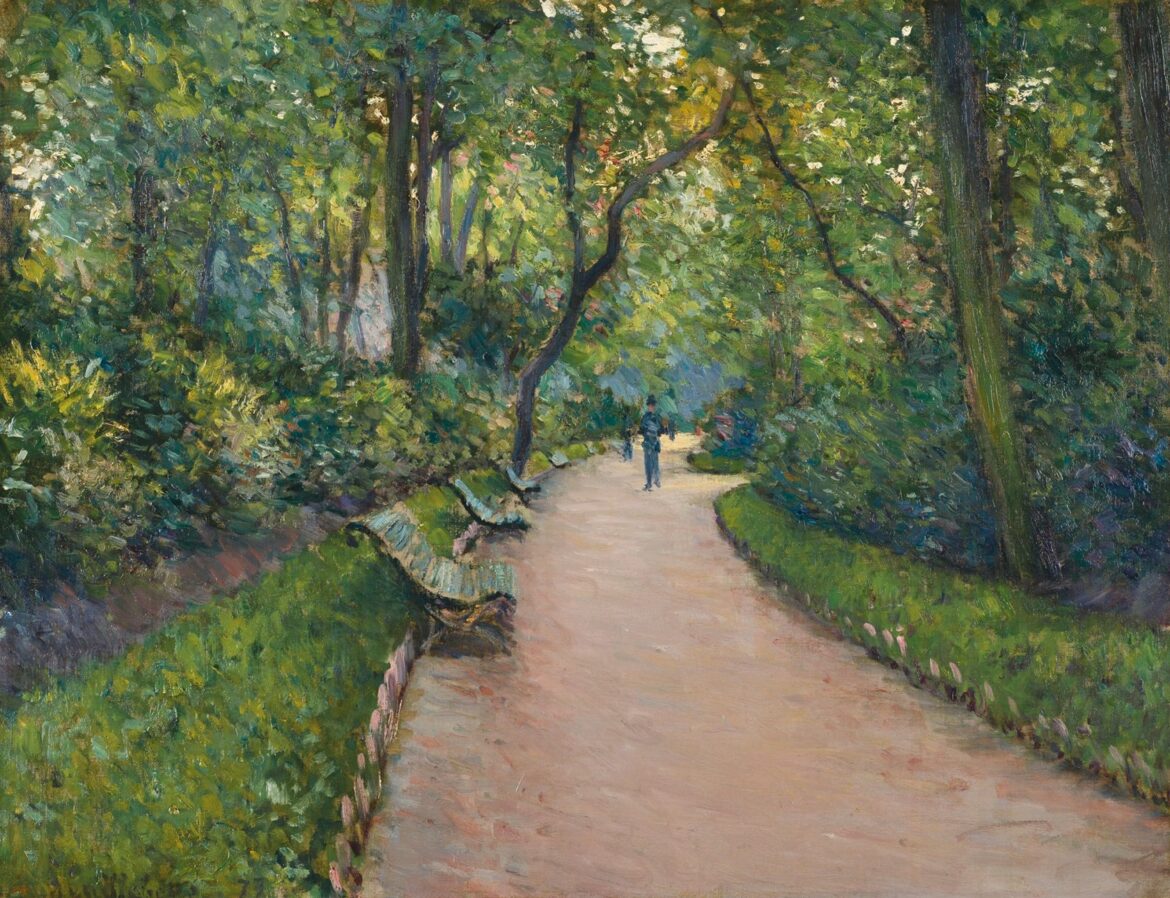A brand new study suggests that the oft-repeated suggestion, “get out in nature” really does make a difference for depression and anxiety.
But this particular study isn’t about hiking in the Redwoods, or along a mountain ridge where you breathe the obligatory, “Ah, I made it, and look at this country” moment.
Instead, it’s about where we live, every day, no matter what we’re doing.
In other words, researchers found that there’s a protective effect, simply around living in city areas with green spaces, even when controlling for all the factors you might think would confound results like whether it’s a “good, safe area of town.”
So if you’re You, with the same income, the same lifestyle habits, the same BMI, the same daily ritual, you’re still going to be better off, anxiety and depression-wise, if you’re living in an urban area with more rather than less greenery.
You can read all about the methodology and results of this massive 409,556 participant study based in England in Nature Mental Health, but here’s the gist.
Dr. Sushama Chaphalkar writes: “residential greenness exposure consistently showed a protective effect on depression and anxiety….mediation analyses indicated that air pollution, mainly particulate matter of diameter 2.5 microns…. significantly mediated the associations between NDVI [Normalized Difference Vegetation Index] and both depression and anxiety.”
In other words, it seems that reduced air pollution plays a significant role in the protective benefits for depression and anxiety, and the effects were particularly pronounced in men and older folks.
Now, let’s consider some other studies, as well.
Studies have shown a significant link between air pollution and an increased risk of suicidal ideation, depression, anxiety, and other conditions, such as dementia, Alzheimers, and Parkinson’s, with children’s brain particularly vulnerable to developing bipolar disorders, major depression, and affective disorders in association with poor air quality (these studies control for relevant factors such as socioeconomic status etc).
Scientists are still exploring the pathways, but as you might expect, chronic inflammation from exposure to air pollution seems to be the biggie.
Air pollution can cross the blood-brain barrier, and thus affect our body’s defense against pathogens and toxins.
Air pollution can also enter through our nose, which can then enter our brain, damaging neurons.
The American Psychology Association has a really good read on this, “Smog in our brains,” which brings up many of these associations, and reaches the conclusion that Yeah, we’ve known for awhile that smog affects our cardiovascular and respiratory health, but it’s actually incredibly damaging to our mental health and contributes to other neurological conditions, like dementia and reduced cognition.
Psychiatric News has another good piece on green spaces, in general, and their effects on our mental health.
If green space as something to incorporate into treatment has not quite made it to center stage, there is no lack at all of research on the subject.
“There is a strong and growing body of research showing that exposure to green space is related to better mental health, better cognition, higher levels of physical activity, lower cardiovascular disease, and lower mortality,” said Peter James, Sc.D., an associate professor of environmental health at the Harvard T.H. Chan School of Public Health and an associate professor of population medicine at Harvard Medical School.
“The strongest lines of research are randomized trials showing short-term improvements in mood and cognition after exposure to nature because they are experiments designed in such a way as to control for potential confounders.”
Now one quick comment – I don’t want to sound elitist, and say we need to sacrifice things like city space for affordable housing in order to build more parks. Economic insecurity has a profound effect on our physical and mental health, and the housing crisis around the globe is staggering.
But at the same time, I think American evangelicalism (which is particularly known for its conservative politics and generally dismissive nature towards anything that smacks of “environmentalism”) needs to rethink its association with the green movement, and understand that tending to God’s creation goes back to the very beginning.
Not only does the Bible basically begin in a lush garden, but it’s replete with metaphor throughout associating creation and nature with God’s greatness.
And as with all his commands, God’s command to tend the creation is there for really good reason. It’s for our benefit.
Building cities in such a way that enables nature to flourish will also help humans flourish, physically and mentally. It’s not environmentalism as a religion, as it is to many secularists. It’s our religion, informing our view of how we interact with the environment God has placed us in.
It’s encouraging to see the world increasingly thinking of ways to build in greener ways. Our kids and their improved health, physically and mentally, will thank us. I think God will be pleased too.
If you’re depressed, or struggle with any aspect of mental health…
For readers from the United States….
Find a psychiatrist here.
Find a therapist here.
For readers, internationally, seek help from a local resource.
For salvation, Christ and Christ alone.
[Painting: Le Parc Monceau, Caillebotte]

